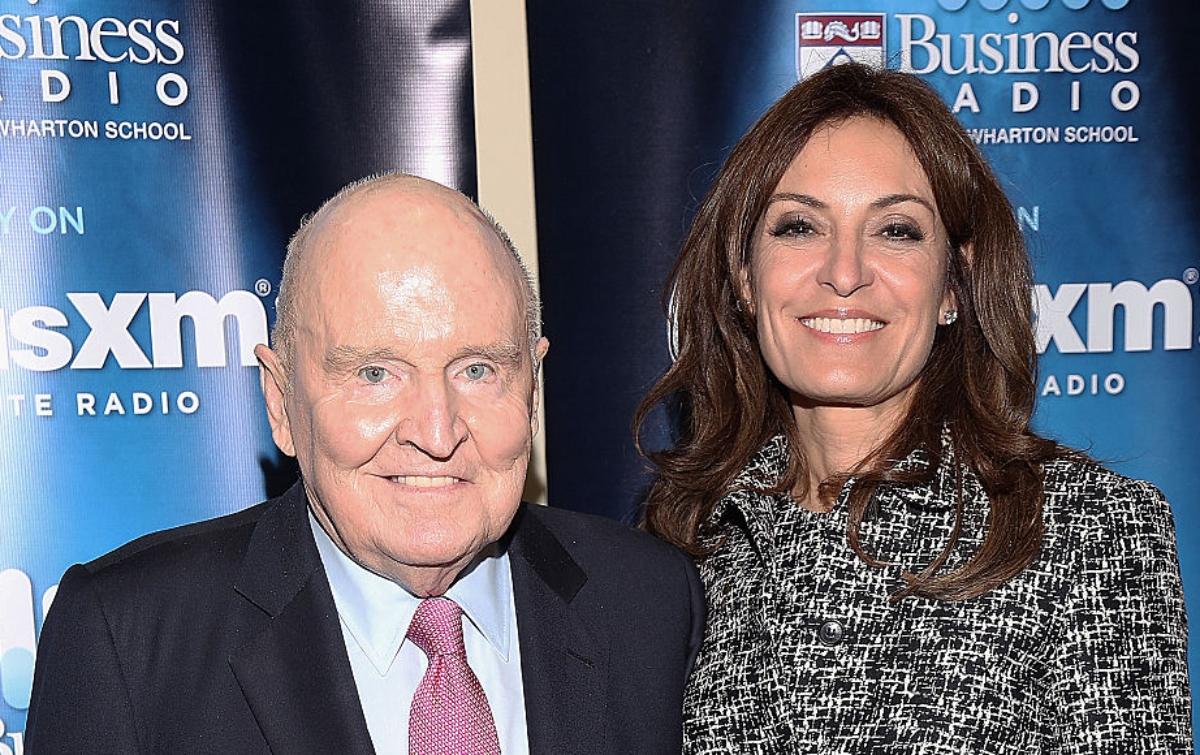Jack Welch remains one of the most influential business leaders of the 20th century. At the time of his death on March 1, 2020, he had built a fortune estimated at $650 million. Welch served as the Chairman and CEO of General Electric (GE) from 1981 to 2001, overseeing a remarkable transformation that turned GE into one of the most valuable companies in the world. His story is one of ambition, bold decision-making, and lasting controversy over management practices that shaped corporate America.
Early Life and Education
John Francis Welch Jr., better known as Jack Welch, was born on November 19, 1935, in Peabody, Massachusetts. He grew up as the only child of his parents, John Sr., a train conductor, and Grace, a homemaker. Welch worked several odd jobs as a young man, from caddying to selling shoes, which helped instill discipline and work ethic. At Salem High School, he played multiple sports, including hockey, football, and baseball. He later attended the University of Massachusetts Amherst, earning a degree in chemical engineering in 1957. Welch went on to pursue graduate studies at the University of Illinois Urbana-Champaign, where he earned both his master’s degree and Ph.D. in chemical engineering.
Entry into GE and Rise to Leadership
Welch began his career at General Electric in 1960 as a junior chemical engineer in Pittsfield, Massachusetts. Initially dissatisfied, he considered quitting until senior executive Reuben Gutoff persuaded him to stay. His career took off quickly, and by 1968 he was vice president of GE’s plastics division, overseeing innovations like Lexan. Through the 1970s, Welch rose to head GE’s metallurgical, chemical, and consumer products divisions, gaining a reputation for sharp strategic thinking. By 1981, at just 45 years old, Welch was named CEO and Chairman of GE, becoming the youngest person to hold the position.
CEO of General Electric and Wealth Creation
Under Jack Welch’s leadership, GE’s market capitalization skyrocketed from $14 billion to $400 billion, an increase of more than 4,000%. He championed aggressive cost-cutting measures, closing factories and laying off tens of thousands of employees. In his first two years as CEO, GE eliminated 72,000 jobs, earning him the nickname “Neutron Jack.” Welch also implemented the “rank and yank” system, rewarding the top 20% of managers and firing the bottom 10% each year.
Despite criticism, Welch’s results were undeniable in the short term. Fortune magazine named him “Manager of the Century” in 1999, cementing his reputation as one of the most powerful executives in corporate history.
Retirement Package and Book Success
When Welch retired in 2001, he walked away with a severance package valued at $417 million, considered the largest in history at the time. Adjusted for inflation, that package would be worth over $600 million today. In addition to his GE earnings, Welch secured a $7 million book advance for his memoir Straight From the Gut, one of the biggest advances ever paid for a business book. His later works, including Winning, co-written with his wife Suzy Welch, also became bestsellers and added to his wealth.
Other Ventures and Public Roles
After retiring, Welch stayed active in the business world. He worked as an advisor for Clayton, Dubilier & Rice, a private equity firm, and collaborated with media mogul Barry Diller. Welch also became a professor at MIT Sloan School of Management, sharing his leadership style with future business executives. In 2009, he founded the Jack Welch Management Institute, an online MBA program, which later became part of Strayer University. This venture allowed Welch to continue shaping the next generation of business leaders even in his later years.
Real Estate Investments
Real estate was another significant part of Jack Welch’s financial portfolio. In 2006, he and Suzy sold a property in Fairfield, Connecticut, for $6.9 million. The couple later bought a waterfront estate near North Palm Beach for $7.6 million, which was sold in 2020 for $21 million. Welch also owned a luxury apartment on Fifth Avenue in New York, purchased in 2018 for $18.75 million. After his passing, the apartment sold for $21 million in 2022. Suzy Welch, his widow, later bought a townhouse nearby for $22.75 million and managed other high-value real estate investments, including an estate in Hudson Valley.
Family and Personal Life
Jack Welch’s personal life was as eventful as his career. He married Carolyn Osburn in 1959, and the couple had four children before divorcing in 1987. Welch married his second wife, Jane Beasley, in 1989, though the marriage ended in divorce in 2003. His third marriage was to Suzy Wetlaufer (Suzy Welch) in 2004, after a high-profile relationship that began while she was a journalist. Suzy became his closest collaborator in his later career, co-authoring books and articles. Welch was 84 years old when he passed away from kidney failure in 2020, leaving behind both a vast fortune and a complicated legacy.
Legacy and Re-examination of Leadership
Jack Welch’s impact on corporate America is still debated. Supporters celebrate his sharp decision-making and ability to maximize shareholder value, while critics argue his focus on efficiency and layoffs contributed to long-term instability at GE and broader income inequality. After his death, as GE faced massive challenges, his management style came under fresh scrutiny. By 2023, GE was split into GE Aerospace, GE Healthcare, and GE Vernova, marking the end of the once-dominant conglomerate Welch built.









